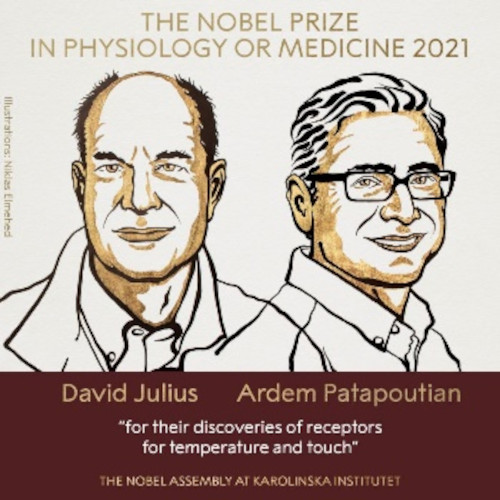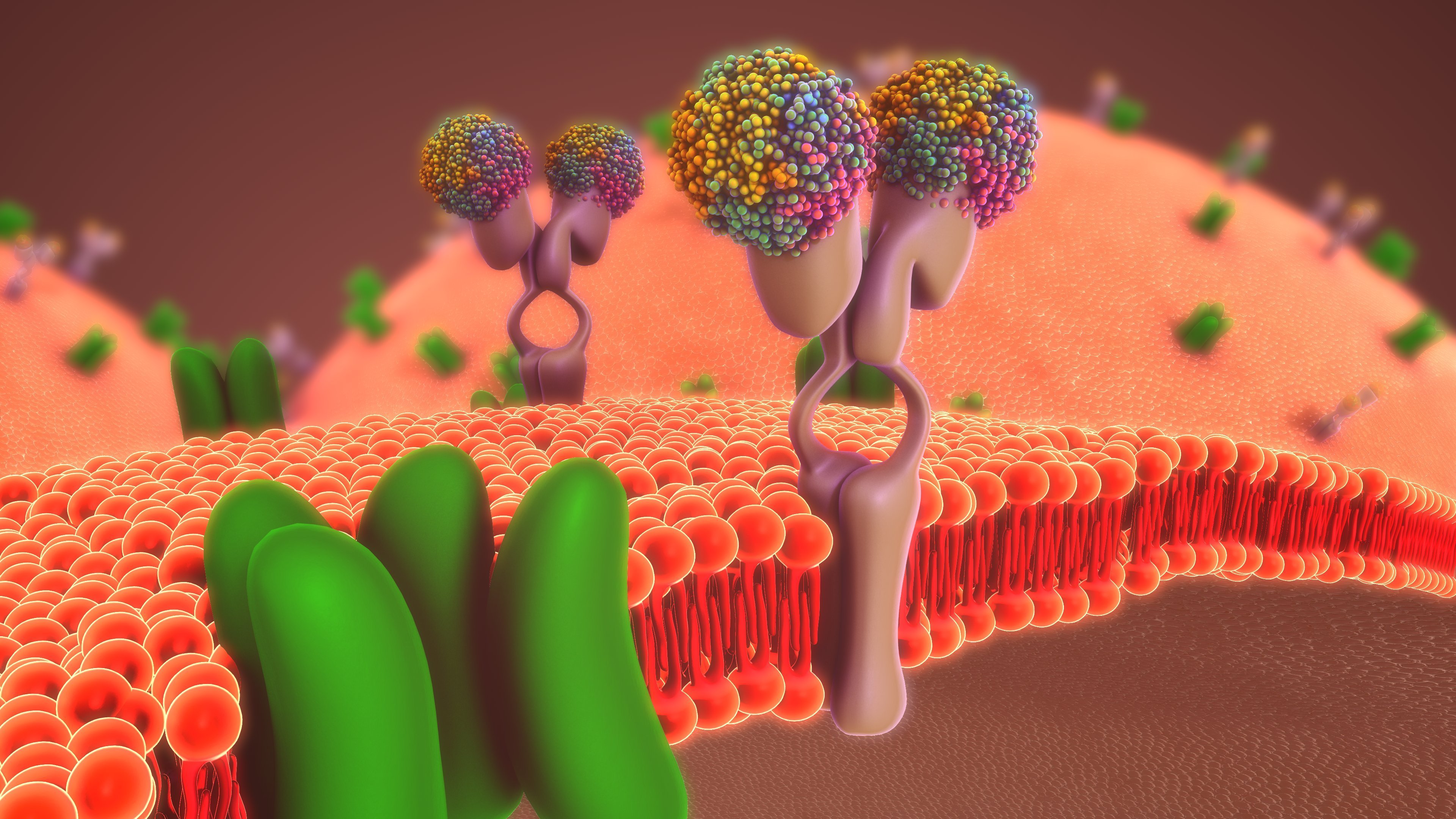The "Ion Channel" Meeting
A yearly meeting of scientists interested in membrane signal transduction, with an emphasis on ion channels.
From its creation in 1990, the Ion channel meeting gathers specialists from different disciplines, who must meet various experimental requirements: molecular biology, biochemistry, electrophysiology, microscopy, cell culture, behavioural tests, selective pharmacology (e.g., small molecules and toxins), high-throughput sequencing… Moreover, their work can lead to many medical and industrial applications: therapeutic strategies to tackle numerous human pathologies; anthelminthic treatments; selective drugs for more efficient pest control; technical expertise valuable to CROs,…
From the beginning, a major objective of the meeting has been to foster interactions between young French researchers, including graduate students, with established researchers who are international leaders in their field, in order to help them build the necessary network to pursue ambitious scientific careers. In particular, the Ion channel meeting is an ideal occasion for graduate students to find a postdoctoral position, be it in academia or in the industry. In line with this objective, the organizing committee ensures a strong international participation in every symposium of the meeting.
Finally, the organizing committee has chosen a relaxed holiday location to foster scientific exchange amongst all participants for the entire duration of the meeting, during the scientific presentations but also during social events. All participants are housed on-site to retain a Gordon conference-like setting and promote informal discussions. As a result, numerous national and international collaborations have emerged during the Ion channel meeting.
For 33 years, more than 200 symposia have been conducted, with talks from almost 1000 speakers coming from all over the world, half of them working in non-French laboratories. More than 2000 posters have been presented by the approximate 4000 participants, 30% of which being graduate students. Numerous financial partners, public organizations, biotech companies and scientific societies have provided financial support to the meeting allowing us to deliberately keep the fees at a minimum, in order to facilitate the attendance of young researchers.
The next meeting will be held on Sète in September 2025

The 2021 Nobel Prize for Physiology or Medicine goes to TRP channel research
The Nobel Assembly at the Karolinska Institutet has decided to award the 2021 Nobel Prize in Physiology or Medicine jointly to David Julius and Ardem Patapoutian “for their discoveries of receptors for temperature and touch.”
Our ability to sense heat, cold and touch is essential for survival and underpins our interaction with the world around us. In our daily lives we take these sensations for granted, but how are nerve impulses initiated so that temperature and pressure can be perceived? This question has been solved by this year’s laureates.
Julius utilised capsaicin, a pungent compound from chilli peppers that induces a burning sensation, to identify a sensor in the nerve endings of the skin that responds to heat. Patapoutian used pressure-sensitive cells to discover a novel class of sensors that respond to mechanical stimuli in the skin and internal organs. These breakthrough discoveries launched intense research activities leading to an increase in our understanding of how our nervous system senses heat, cold, and mechanical stimuli. The 2021 medicine laureates identified critical missing links in our understanding of the complex interplay between our senses and the environment.
ION CHANNELS ASSOCIATION
The Ion Channel association is a non-profit association promoting scientifc exchanges in the field of ion channels. Since 1989, the Ion Channel association has organized an international yearly meeting to gather ion channels researchers.
Membership is granted to those attending the ion channel meeting. The meeting organizing committee is renewed by half every year, each member being elected by a general assembly for two years. Members cannot be re-elected, except for the board. Each year, newly elected members are in charge of the organization of the five symposia of the meeting, and invite speakers who are international leaders in their field. Older members organize the sponsoring and the logistics.

OUR SPONSORS
Check Who Makes the Ion Channels Meeting Possible!


















